Visual Arts Based Individual Intervention

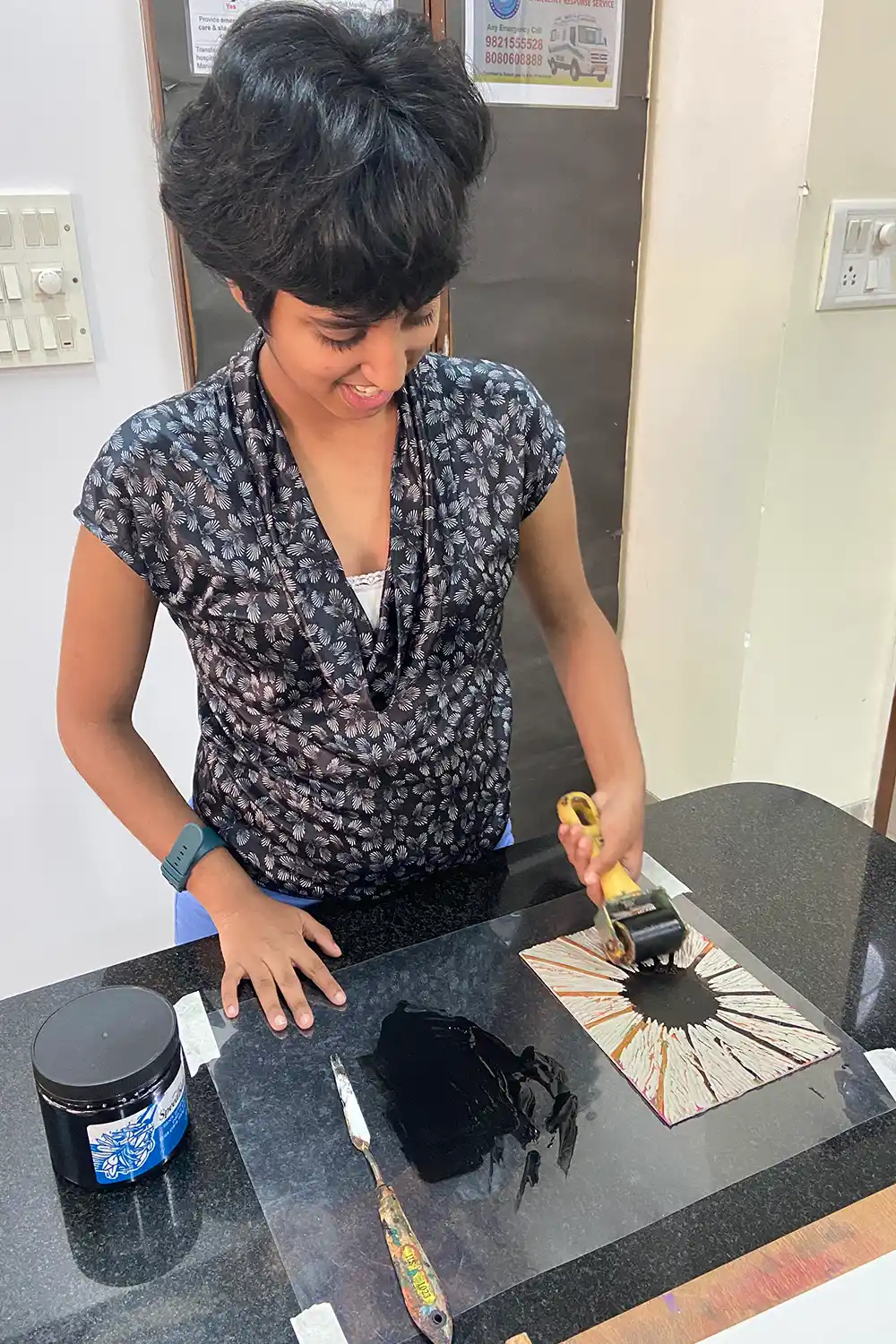
TGIC’s 1:1 visual arts based intervention goes beyond a regular art class and is not art therapy. We provide personalised programmes considering a child’s strengths, interests, and needs, guided by teacher and therapist input. These sessions aim to work on specific goals such as sensory areas, fine motor skills, studio habits, and consistent skill development, supporting holistic growth in cognitive, emotional, and social aspects. It benefits children by encouraging expression, communication, and creativity.
Art acts as a therapeutic outlet, aiding emotional regulation and enhancing focus. Exposure to various art forms promotes cultural awareness, creating a therapeutic space for self-reflection.
Explore our services through the visuals below:
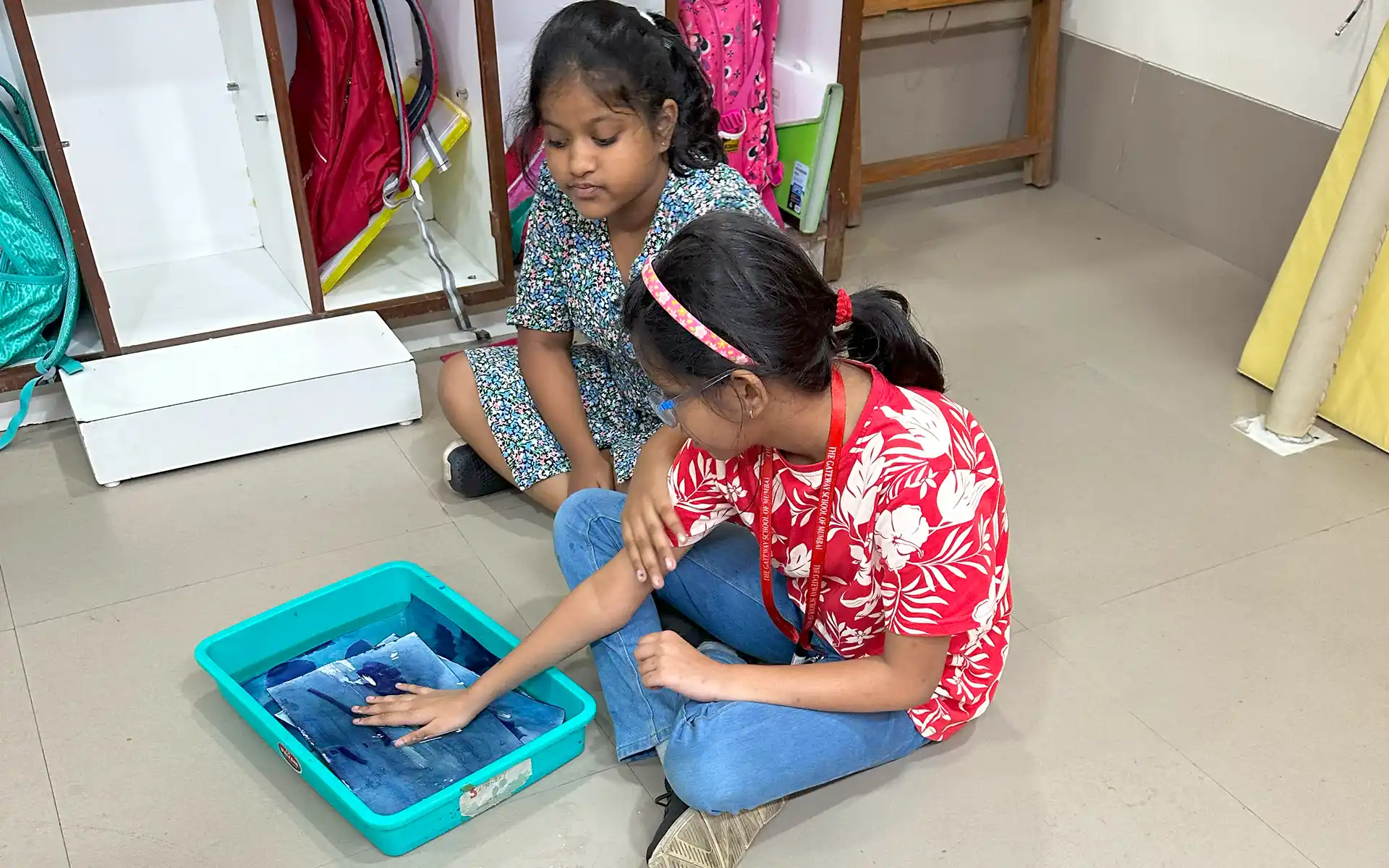
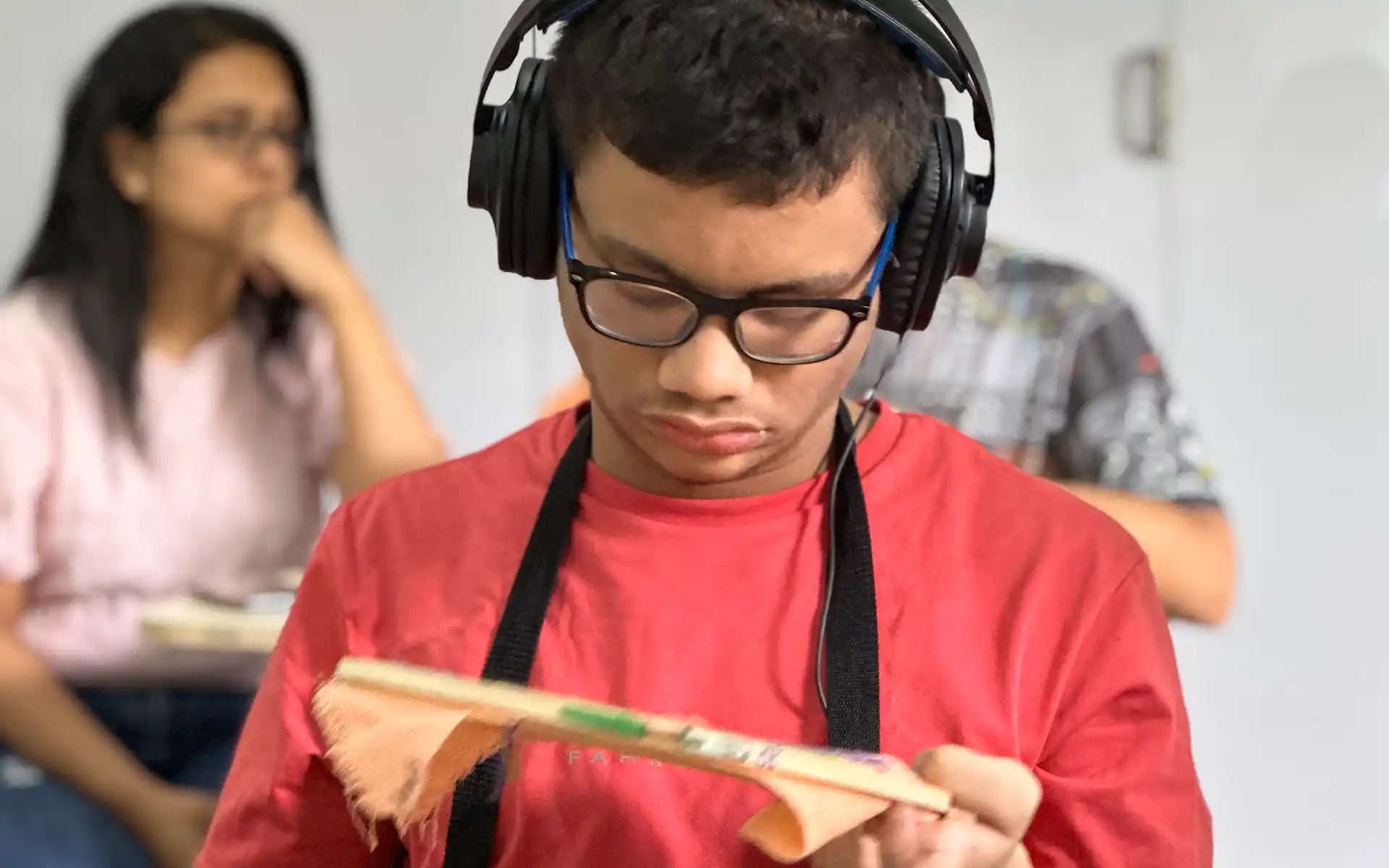
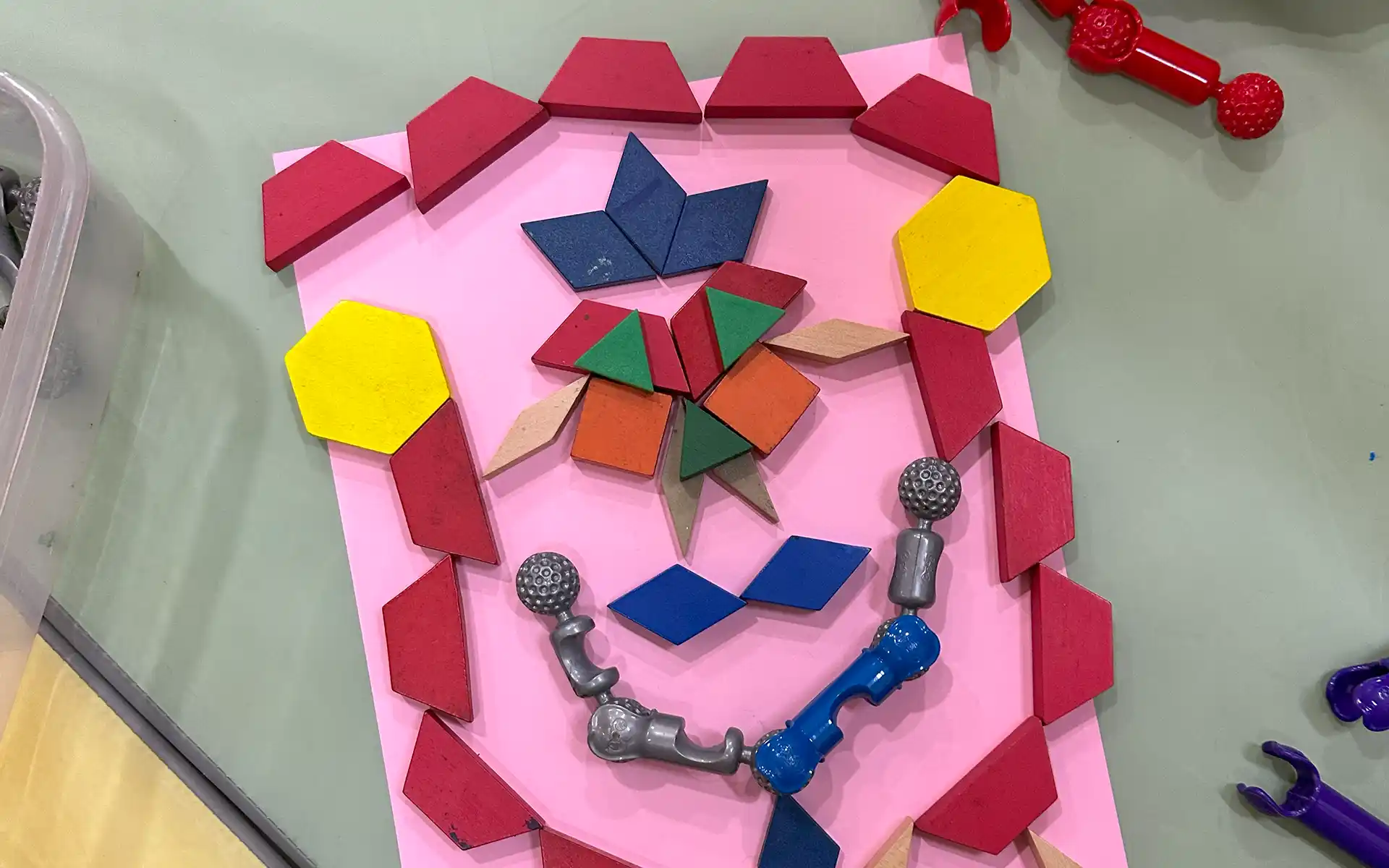
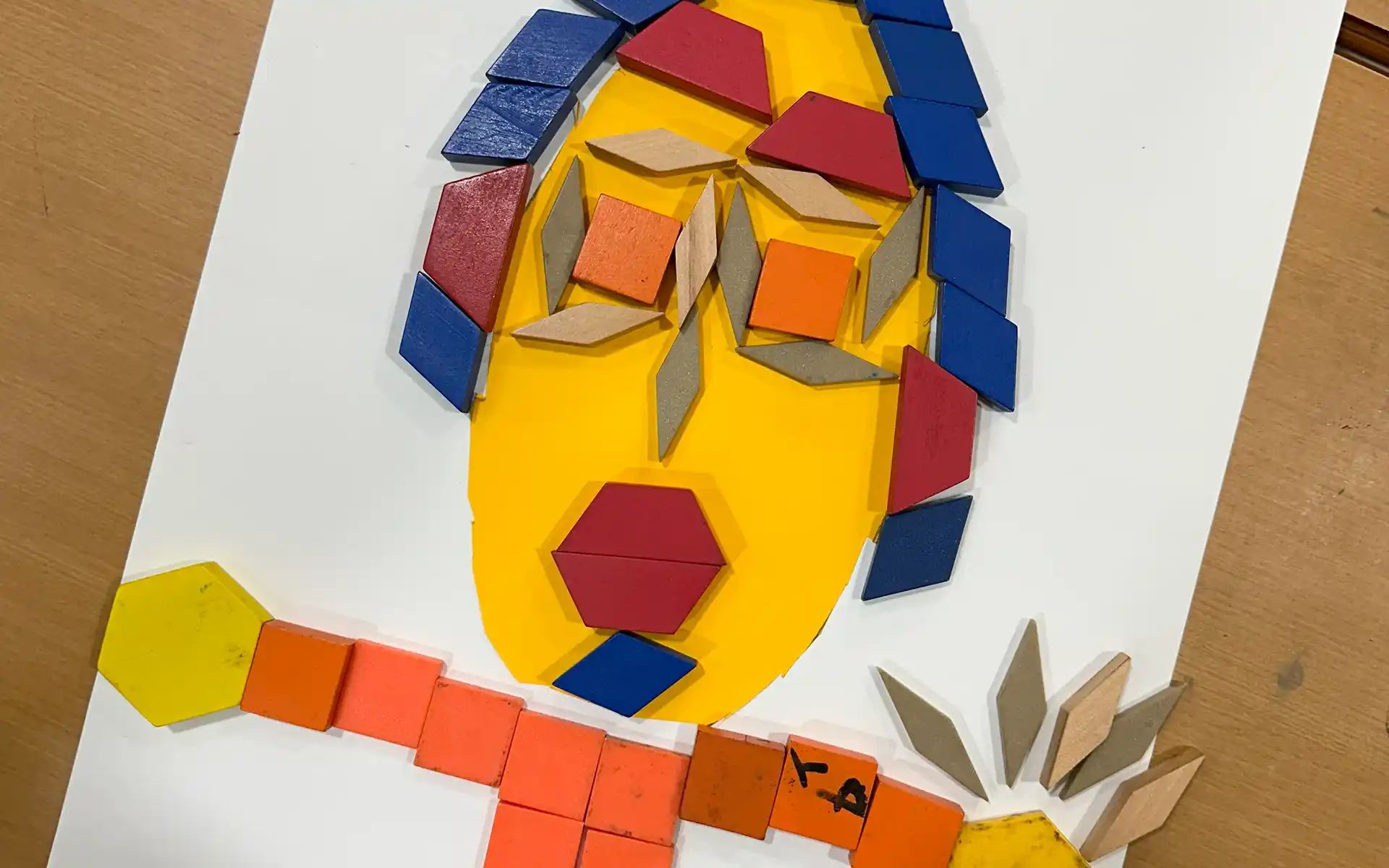
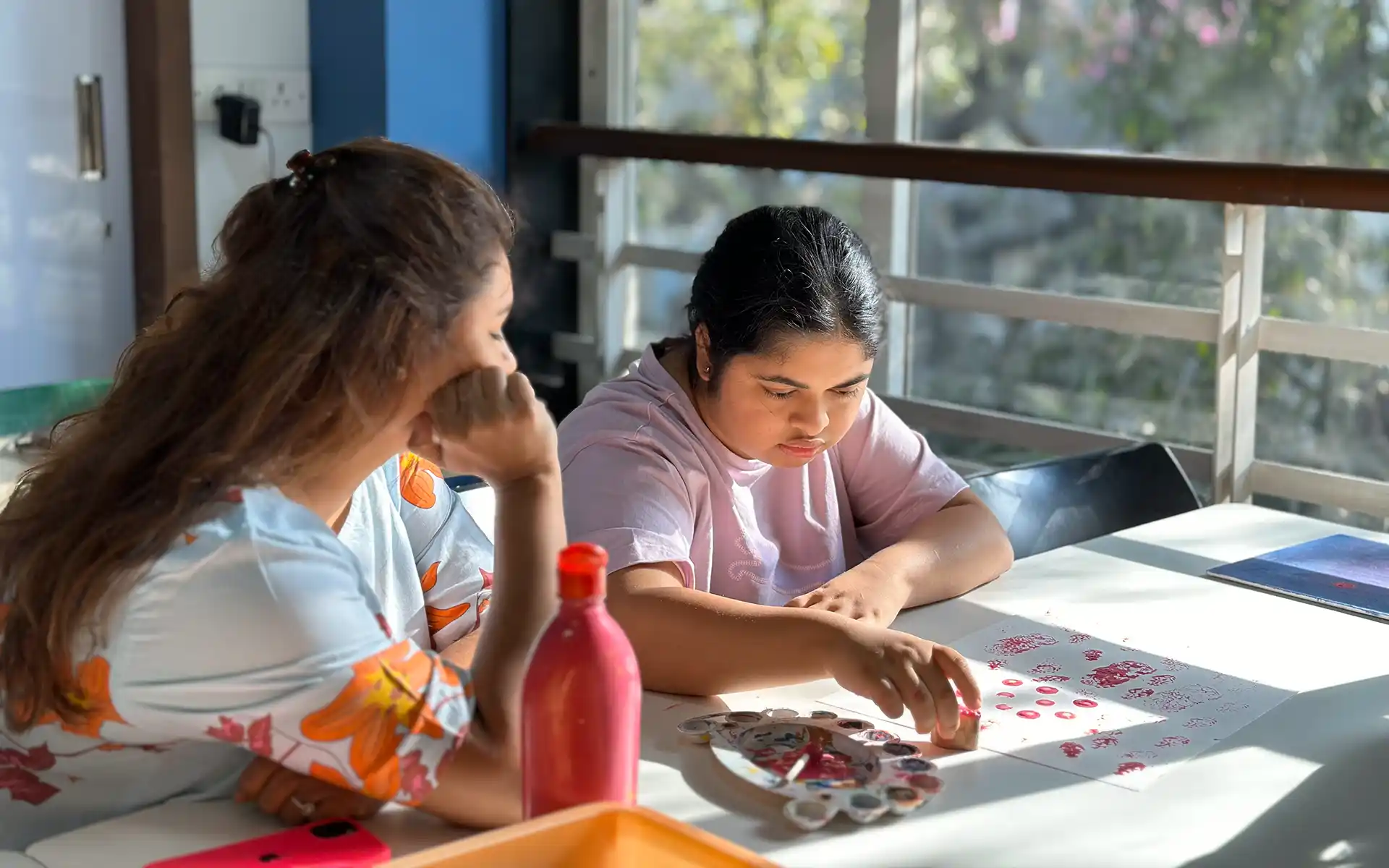
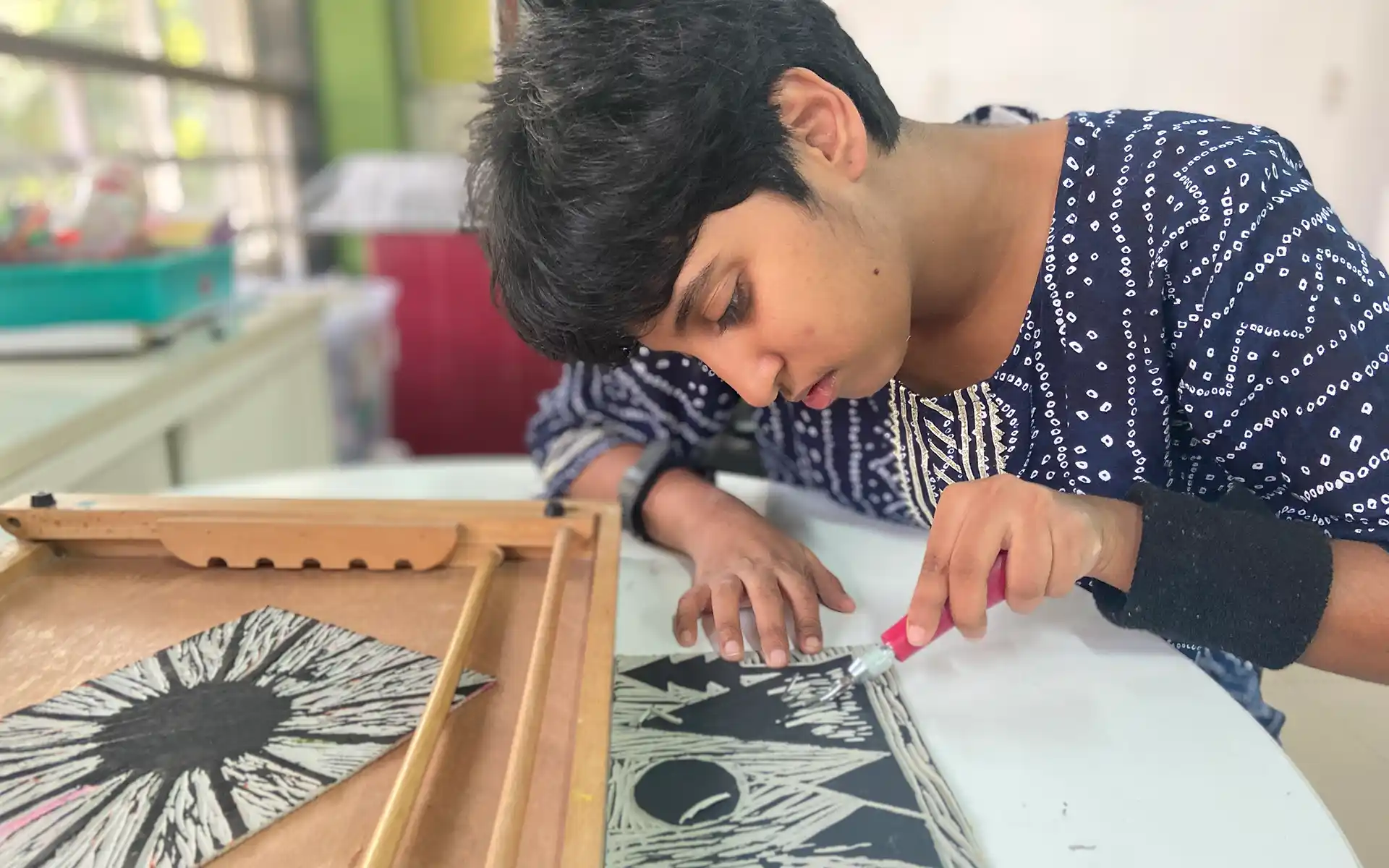



Inspiring potential -
for all


Visual Arts Based Individual Intervention is a personalised programme offered by TGIC that goes beyond traditional art classes and is not art therapy. It is designed to meet your child’s specific needs, interests, and strengths, with input from teachers and therapists.
This intervention aims to support your child’s overall development by working on specific goals such as sensory areas, fine motor skills, studio habits, and consistent skill development. It encourages expression, communication, and creativity while providing a therapeutic outlet for emotional regulation and improved focus.
Unlike regular art classes, this intervention is tailored to your child’s individual needs and goals. While it incorporates elements of art, it is not focused solely on teaching artistic techniques. Similarly, it differs from art therapy as it is not primarily aimed at addressing emotional or psychological issues.
Sessions are personalised to your child’s requirements and may include activities such as sensory exploration, fine motor skill exercises, and engagement with various art forms. The structure is guided by input from teachers and therapists to ensure it aligns with your child’s development goals.
Yes, this intervention provides one-on-one attention tailored to your child’s needs. This personalised approach allows for focused support and guidance to maximise your child’s progress and engagement.
Visual Arts Based Individual Intervention supports holistic growth, including cognitive, emotional, and social aspects. Through artistic expression, your child can develop emotional regulation skills, enhance communication, and explore their creativity, which can positively impact their social interactions.
Progress varies depending on your child’s individual strengths and challenges. Over time, you may notice improvements in areas such as sensory awareness, fine motor skills, creative expression, and emotional regulation. Regular communication with the intervention team can help track and celebrate your child’s progress.




